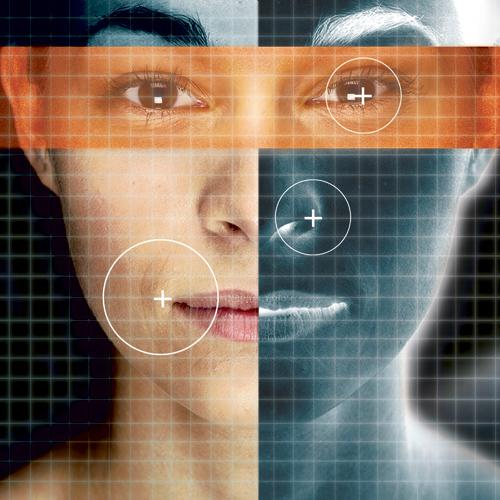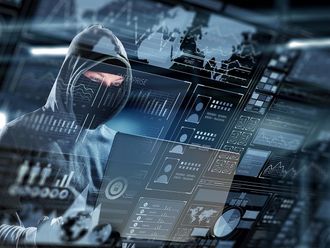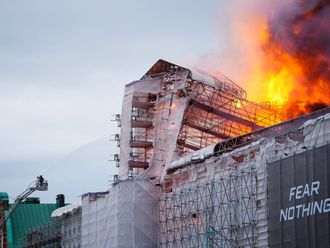
Police attempts to use cameras linked to databases to recognise people from their face are failing, with the wrong person picked out nine times out 10, a report claims.
The report from Big Brother Watch, published on Tuesday, warns that facial recognition technology turns innocent British citizens into "walking ID cards".
It says the technology, whereby computer databases of faces are linked to CCTV and other cameras, was used by the Metropolitan police to spot people on a mental health watch list at the 2017 Remembrance Sunday event in London. It was also used by South Wales police at protests against an arms fair. Police plan to use it at music festivals and other events.
Some in policing see facial recognition as the next big leap in law enforcement, akin to the revolution brought about by advances in DNA analysis. Privacy campaigners see it as the next big battleground for civil liberties, as the state effectively asks for a degree of privacy to be surrendered in return for a promise of greater security.
But for now the Big Brother Watch report says the benefits are missing, because the technology does not work.
False alarm
The Met used facial recognition at the 2017 Notting Hill carnival, where the system was wrong 98 per cent of the time, falsely telling officers on 102 occasions it had spotted a suspect.
The technology failed to pick out any suspects during the Met's trial at the previous carnival.
South Wales police have been given £2.1 million (Dh10 mikllion) by the Home Office to test the technology, but so far it gets it wrong 91 per cent of the time. It was used at a festival to celebrate Elvis, a Kasbian concert in Cardiff, a royal visit by Prince Harry and a Liam Gallagher concert, among other deployments.
On 31 occasions police followed up the system saying it had spotted people of concern, only to find they had in fact stopped innocent people and the identifications were false.
In its report, Big Brother Watch says: "Automated facial recognition cameras are biometric identification checkpoints that risk making members of the public walking ID cards.
"It is plainly disproportionate to deploy a technology by which the face of every passer-by is analysed, mapped and their identity checked."
The report says US research shows the technology is particularly inaccurate identifying minority ethnic women.
It is extremely unlikely that police attempts to harness the power of facial recognition will cease as officers believe the benefits are potentially massive.
The ability, as police see it, to track suspects anywhere there is a camera, offers a big leap in crime fighting ability from finding vulnerable people or missing persons, to hunting terrorism suspects or keeping track of one-time suspects for whom there are not the resources to keep under surveillance by officers.
The big opportunities come about because of two technological changes being married up - the big increase in computer power and increase in quality of CCTV, with high-definition cameras decreasing in price and increasing in coverage.
Changing the face of policing
Silkie Carlo, the director of Big Brother Watch, said: "Real-time facial recognition is a dangerously authoritarian surveillance tool that could fundamentally change policing in the UK. Members of the public could be tracked, located and identified - or misidentified - everywhere they go.
"We're seeing ordinary people being asked to produce ID to prove their innocence as police are wrongly identifying thousands of innocent citizens as criminals.
"It is deeply disturbing and undemocratic that police are using a technology that is almost entirely inaccurate, that they have no legal power for and that poses a major risk to our freedoms.
"This has wasted millions in public money and the cost to our civil liberties is too high. It must be dropped."
Ch Con Mike Barton, the National Police Chiefs' Council lead for crime operations, said: "Facial recognition technology has the potential to help us disrupt crime networks and identify people who pose a threat to the public. A number of forces are conducting trials and working with legal experts to better understand how it could be deployed.
"The public would expect the police to consider all new technologies that could make them safer. Any wider rollout of this technology must be based on evidence showing it to be effective with sufficient safeguards and oversight."












